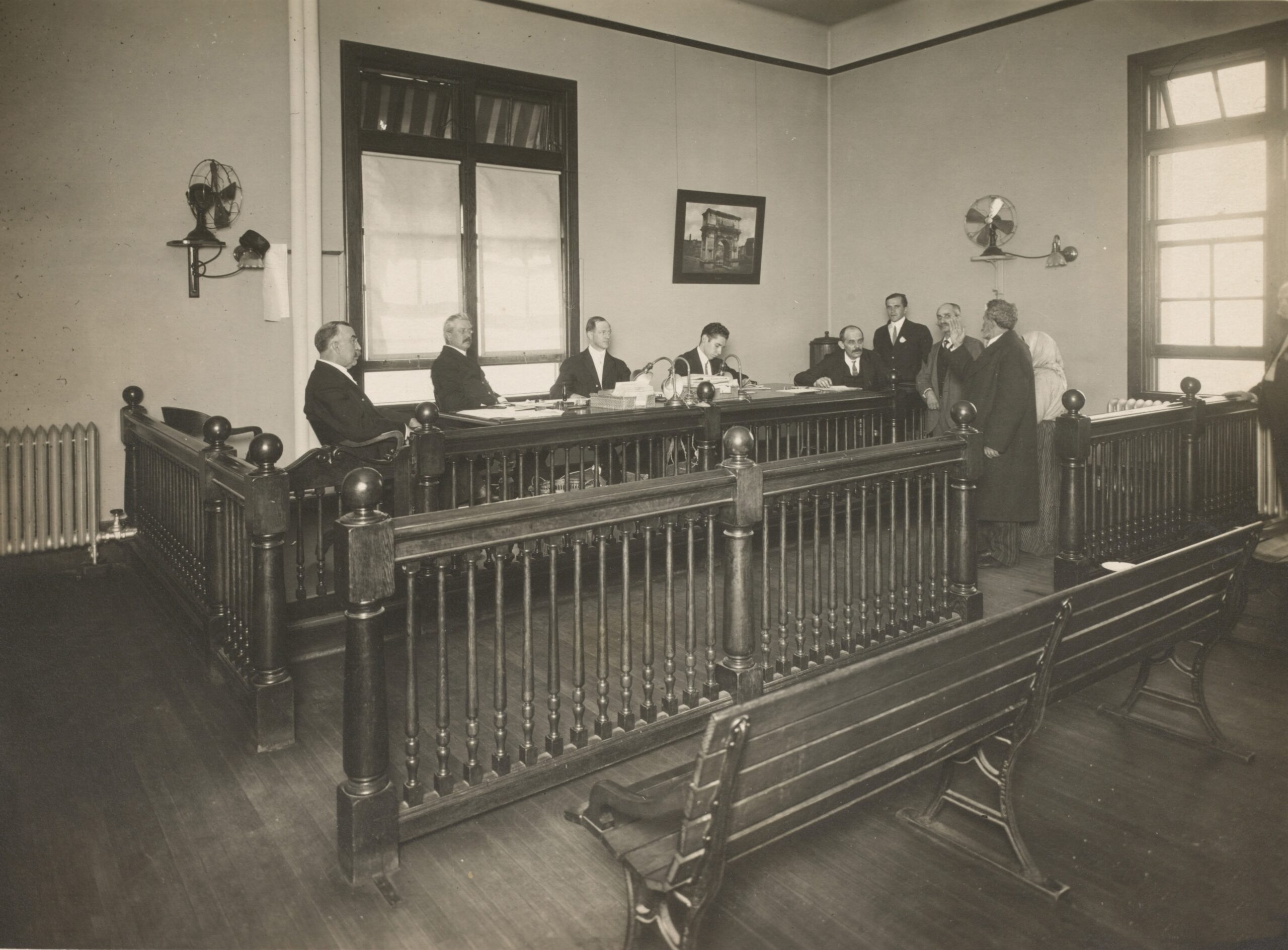A conviction is not necessarily the end of the line when it comes to the criminal justice system. You may be able to appeal your criminal conviction or sentence in Orange County for many reasons, including:
- A judge can make a mistake in his or her ruling or a prosecutor can abuse his authority.
- An unprepared criminal defense lawyer may have given you poor advice.
- A jury may have reached the wrong verdict.
You need to be aware that options are still available to you if you have been found guilty in a criminal proceeding. Keep in mind, California appellate courts are only concerned with legal errors. If the trial court committed a legal error, it means that someone involved with the original case acted in such a way that didn’t comply with California law.
Why Should You Appeal a Criminal Conviction or Sentence in Orange County?
An appeal allows you the opportunity to ask a higher court to review the record of your trial court proceeding to determine if any mistakes were made. However, an appeal isn’t a new trial, nor does it allow you to present new evidence.
Hiring an experienced criminal appeals attorney from Wallin & Klarich is your best chance to have your case reconsidered. We may be able to convince the Court of Appeals that your case was poorly handled and you deserve a new trial.
If you feel you were wrongfully convicted, you need to speak to one of our experienced criminal appeals attorneys about your appellate options.
Some Reasons Why a Criminal Conviction May Be Reversed on Appeal
1. You have the right to appeal – Under California law, unless you specifically waive your constitutional right to appeal as part of a plea agreement, you have an absolute right to appeal the outcome of a jury or judge’s finding of guilt. The first step is to file a Notice of Appeal within 60 days of the date of your sentencing.
2. Mistake of law – If mistakes were made during your trial concerning how your case was heard, you may have grounds for appeal. For example, the judge allowed (or excluded) evidence he or she shouldn’t have causing you to have been “prejudiced” (in other words, unfairly treated).
3. Mistake of fact – Sometimes, incorrect facts are asserted which may have led to your conviction. Or, the evidence against you was insufficient to prove guilt beyond a reasonable doubt. You may be able to win your appeal if you can demonstrate that certain facts (or the lack thereof) used to convict you constituted either “plain” or “harmful” error.
4. Police misconduct – Law enforcement officers must follow proper procedure when investigating a crime or making an arrest. Showing that evidence against you resulted from an unlawfully obtained or executed search warrant is grounds for an appeal. Similarly, if you were arrested without probable cause or in absence of a required arrest warrant (where applicable), you may also have grounds for “false arrest.”
5. Prosecutorial misconduct – Like law enforcement officers, a prosecutor must follow proper procedures during trial. To win on appeal, you would be required to demonstrate that the prosecutor committed an “abuse of process.” For example, if a prosecutor commented about evidence during your trial that had been ruled inadmissible, this could be grounds for a successful appeal.
6. Juror Misconduct – If you can demonstrate that your jury was given improper instructions prior to your case, this could be grounds for an appeal. Occasionally, judges give (or fail to give) instructions which cause the jury to reach the wrong verdict.
If it can be shown that a juror acted improperly during the deliberations, you may be able to have your conviction reversed. Some examples of juror misconduct include:
- Refusing to deliberate with the other jurors;
- Bringing information into the jury room about the facts of the case that did not come from evidence presented during the trial but from outside sources, such as newspapers or magazines.
Additionally, juries can be “tampered” with – for example, a juror can be tricked into deciding one way or the other. Jurors can also be unduly influenced, such as receiving biased information about your trial from the media while the trial was in progress.
7. Illegally imposed sentence – Occasionally, a judge may impose a sentence not authorized by law. This can result when multiple (or enhanced) sentences can be imposed, or when multiple crimes are committed as a result of a single act, but can only be punished once under California sentencing laws.
Contact Wallin & Klarich Today if You Wish to Appeal Your Criminal Conviction or Sentence in Orange County
 If you or someone you love is interested in appealing a criminal conviction or sentence in Orange County, you need to contact our attorneys at Wallin & Klarich today. Our attorneys at Wallin & Klarich have over 30 years of experience successfully challenging criminal convictions and sentences though the appeals process. Hiring an attorney from Wallin & Klarich gives you the best possible chance to have your case thoroughly reviewed to determine if any legal errors were committed.
If you or someone you love is interested in appealing a criminal conviction or sentence in Orange County, you need to contact our attorneys at Wallin & Klarich today. Our attorneys at Wallin & Klarich have over 30 years of experience successfully challenging criminal convictions and sentences though the appeals process. Hiring an attorney from Wallin & Klarich gives you the best possible chance to have your case thoroughly reviewed to determine if any legal errors were committed.
With offices in Los Angeles, Sherman Oaks, Torrance, Tustin, San Diego, Riverside, San Bernardino, Ventura, West Covina and Victorville, our attorneys at Wallin & Klarich will fight to protect all of your constitutional rights. We will aggressively defend you during every step of your criminal proceedings. We will employ every strategy available to help you get the best result possible in your case.
Call us today at (888) 280-6839 for a free telephone consultation. We will get through this together.




